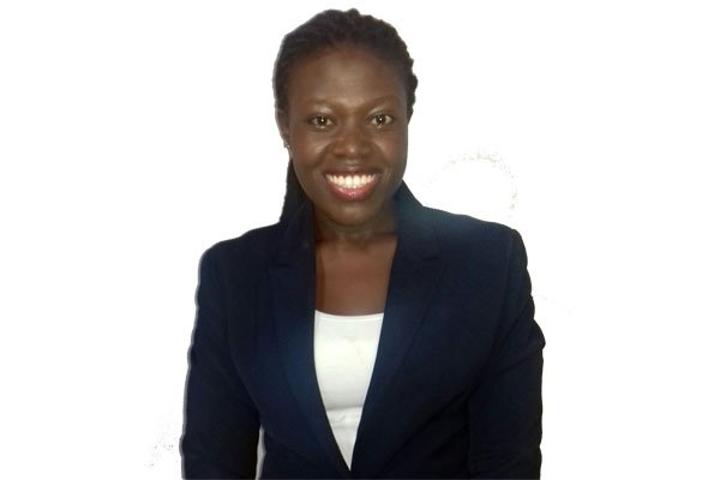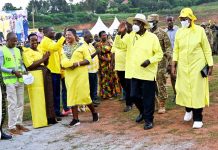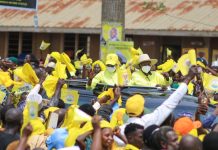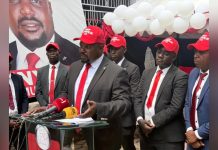Africa-Press – Uganda. On the eve of the January 14 General Election, Uganda experienced a nationwide Internet shutdown. This is after government through its communications regulator, Uganda Communications Commission (UCC), ordered service providers to block Internet access until otherwise directed.
Pursuant to the said “order from above,’’ the country was entirely cut off from Internet and social media platforms, including Facebook, Twitter, and WhatsApp for five days. The outage also affected digital services such as Mobile Money, Uber, SafeBoda, and Internet banking, among others.
Besides, the shutdown hardly spared government agencies such as Uganda Revenue Authority, Ministry of Internal Affairs (Directorate of Citizenship and Immigration Control). Also affected were tax prerequisites such as filing returns and the online processing of visas and passports.
The blockage was also a hindrance to access to relevant information, e-financing and emergency services. Several online businesses were basically placed on a standstill hence the economy has generally suffered financial loss as a result. The blackout was enforced under the pretext of “national security.’’ Government spokesperson Ofwono Opondo said social media was a possible threat to the election. He said the shutdown was the right decision to take.
This situation shows history repeating itself as an almost similar incident transpired during the 2016 elections where social media was disabled “for security reasons.”
This pattern is not new in Africa’s political arena. It has also been witnessed in Burundi, Sudan, Niger, and Democratic Republic of Congo, among others.
Where is the supremacy of the 1995 Constitution in the circumstances? The Internet shutdown and the Bill of Rights (Chapter Four) violation go hand-in-hand. Human rights, including access to information, freedom of expression, civic rights and activities have been undermined at the whims of the government.
Internet shutdowns violate international law as well. In 2015, human rights bodies like the African Commission on Human and Peoples’ Rights (ACHPR) to which Uganda is a party declared that internet ‘’kill switches’’ can never be justified under International Human Rights Law, even in times of conflict.
The entire world is experiencing a rapid digital shift where Internet use has become a way of life or rather the new normal. The Covid-19 pandemic has also resulted in an increase in internet traffic with Uganda currently having over 20 million Internet subscribers. Ugandans are utilising the Internet for, among others, work, creativity, access to health, education, emotional and spiritual support.
The shutdown denied Ugandans a transparent, free and fair election as their right to participate in their nation’s political decision making was laden. The entire nation had no alternative, but to watch and listen to the Electoral Commission chairman, Justice Justice Simon Byabakama, on television channels and radio stations as he analysed presidential election results. He later announced Mr Yoweri Museveni as the winner of presidential elections, with 58.64 per cent of the votes.
Nevertheless, the results have been disputed by several Opposition presidential candidates. The social media restrictions hindered the free flow of information, especially election results from different polling stations. The whole exercise was allegedly marred by widespread fraud and other irregularities. This would make one to think of the supremacy of the Constitution in Uganda as all talk and no action.
The heavy deployment of police and other security agencies across the country during the presidential election should have sufficed for national security. One would not be wrong to construe the act as outright tyranny, which is a system of government in which power is exercised on behalf of the ruler without regard to the wishes of the governed.’’
Ms Vivian Namale is an associate at Kentaro Mugerwa & Co. Advocates.






